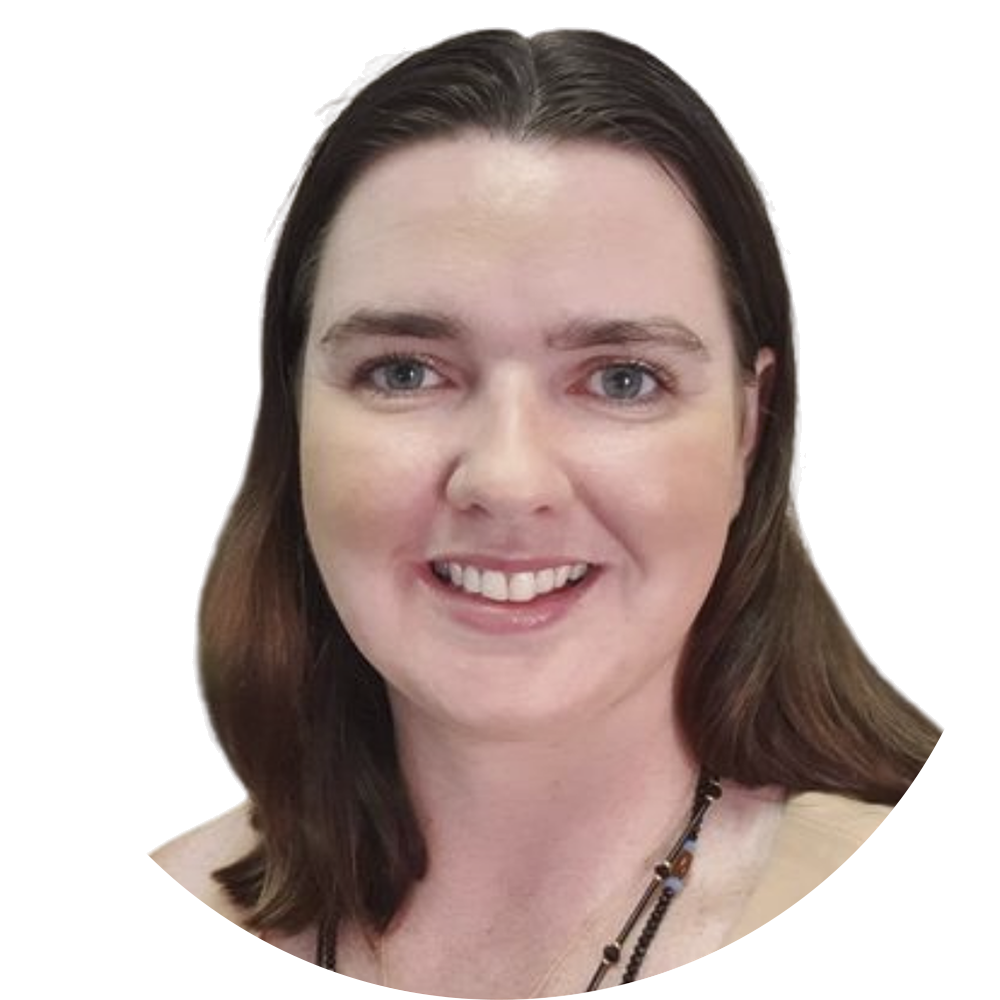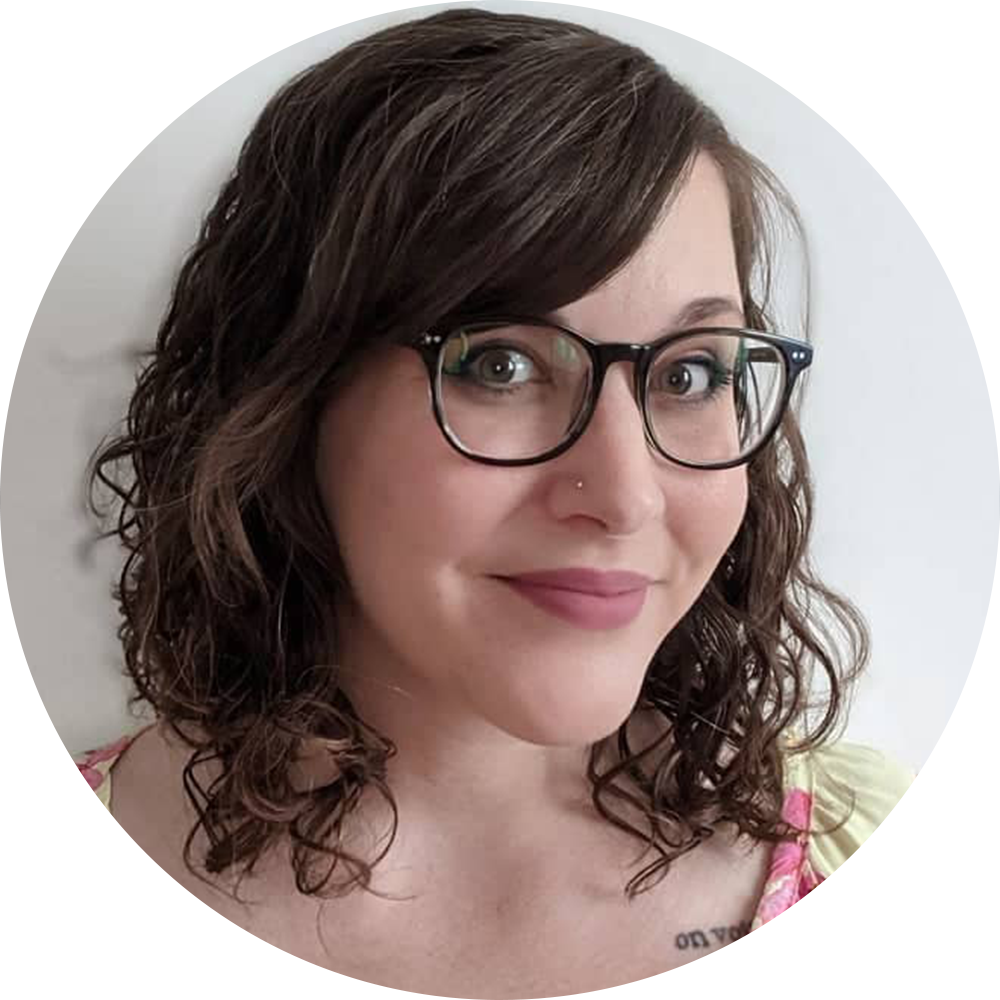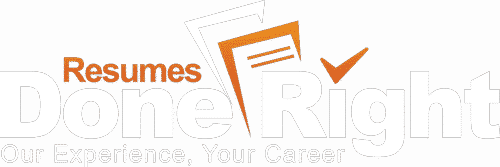Many people have the false perception that you need to be unemployed or in dire straits to seek out career counselling. Career counselling is something that most people can benefit from and to find out more about what career counselling truly is, I sat down with Senior Resume Writer and Career Consultant at Resumes Done Right, Mel Peacock.
It’s a beautiful winter morning in Melbourne, VIC, the birthplace of Resumes Done Right and Mel is cuddled up on her sofa with her Cavoodle (a Cavalier King Charles and Poodle mix) named Bailey. As we settle into our seats, we discuss the latest developments of Stranger Things, her most recent binge, while Hans Zimmer plays lightly in the background. It’s hard not to turn our thoughts to the past two years, a sort of Upside Down that occurred in real life. I ask her how the pandemic has affected her career counselling and she explains,
“It’s been a tough year for businesses and employees alike. The pandemic has forced many businesses to close their doors, and those that have managed to stay open have been operating at reduced capacity. As a result, many businesses have had to lay off employees or cut back on hours. During the first COVID-19 wave, Australia-wide job vacancies went from 200,000 on Seek to under 40,000. When no jobs are being advertised, there is no incentive for people to update their resumes or look for new jobs. This created a stressful time for the business. However, despite this lull, I’ve managed to keep the business running and last year returned to pre-COVID levels. During lockdowns, people enjoyed working from home and some had opportunities to further their studies, therefore, we have a lot of career movements into different industries and shifts at the moment with government contracts or the emergence of smaller businesses filling voids where big businesses went under which is exciting to see.”
It makes sense that there would be some flux and flow in the resume writing and career counselling industry given the abrupt shutdown and eventual restart of the entire economy. With the uncertainty of further shutdowns consistently looming, employment trends have surely shifted, I ask. Mel clears her throat, clearly excited about the chance to discuss present and future trends. She explains, “There are a few employment trends that I am seeing at the moment.
- An increase in the number of people who are or are wanting to work remotely.
- There is an increase in the number of contractors, freelancers or people who have a side hustle that they would like to expand.
- There is a trend toward part-time work, especially as people coming back from maternity leave or studying (or people who have their own side hustle) are wanting a stable income.
“So how do you deal with these trends?” I ask. Mel is already prepared with tips for the average worker and jobseeker.
“First, if you are looking for a job, be sure to search for companies that offer remote work options. Second, if you are interested in freelancing, be sure to create a strong online portfolio that showcases your skills. However, if you are looking to be an employee, you need to hide the fact that you are working for yourself as hiring managers and recruiters are quite biased when it comes to hiring business owners (because they get used to making all the decisions). Finally, if you are looking for part-time work, be sure to search for companies that offer flexible scheduling options. By following these tips, you can stay ahead of the curve and find the right job for you.” I can’t help but wonder now, what would someone in her position like to see change in the future or interviews, career, and hiring practices?
“I’d love to see more opportunities for people to get their foot in the door. For example, larger companies could offer paid internships, traineeships, short-term contracts etc. but instead of just for graduates, for people wanting to switch industries or get promoted.” That really would be a dream. Take note, employers and hiring managers! This could be an excellent way to diversify your workforce talent pool.
Realising our conversation has flowed naturally to talks of present and future problems, I decided to take a step back and see what really makes Mel tick. Mel began her career in career counselling over 10 years ago while working in the corporate world. “When staff were not happy in their roles, I actively worked with them, identified their strengths, and helped them move into other positions in the organisation that best suited their personalities and needs. I also helped groom front leaders into more senior positions, which was really rewarding” she explains. Seeing a path to turn her passion for helping others achieve their goals, Mel suddenly understood she could turn this work into a full-time gig. “I quickly realised that there was a great need for this service, especially when it came to people being made redundant.”
The job isn’t always la vie en rose, however. Mel becomes a soundboard for people who are ultimately dissatisfied, for one reason or another, with their current job or position in life. “Every client has a unique challenge which makes the job interesting.”, she explains, “[but it] can be emotionally draining. It can be difficult to watch people go through the process of realising that their dream job may not be attainable. Sometimes, it feels like I’m watching them grieve for a future that they’ll never have. While I understand that it’s all part of the process, it doesn’t make it any easier, especially if I have to console someone in tears over the phone. I think what makes it hardest for me is knowing that I can’t personally go and get the job the client is wanting (like a recruiter may be able to do). All I can do is offer them my support, give them evidence-based advice and hope that they’ll find the strength to move forward in their intended direction.”
So, what does an average day look like for a career counsellor exactly? It’s a lot of planning and computer work according to Mel.
“My days are spent helping people find their dream job! I chat with clients of all ages and from all walks of life, and my job is to help them find the career that best suits their skills and interests. I often start my day by chatting with the team, setting up their days and ensuring clients’ resume rewrites, cover letters and other career-related documentation aligns with the client’s needs. I also meet with 2-3 clients a day for their initial or scheduled consultations. During these meetings, you’ll find me tapping away, capturing notes that the clients can keep as we discuss the client’s goals and objectives. I spend A LOT of time researching to stay current with their niches. For example, in the corporate space thought leadership is a big asset, therefore, I assess their skills and experience in this area and encourage them to provide evidence that demonstrates their application of skill. During calls, I create customised plans for each client, outlining the steps they need to take to achieve their goals. The rest of my day is usually spent meeting with the team, researching business development opportunities, and administration. I also keep in touch with my network of contacts in the industry on LinkedIn, as they can often provide me with valuable insights.”
Of course, it makes sense that people struggling with their job would make ideal candidates for career counselling, but surely other people would benefit from it as well.
As Mel explains, “A career counselling session involves assessing an individual’s skills, interests, work values and personality type. This assessment is then used to identify potential careers that would be a good match for the individual. The counsellor will also provide information on training and education requirements, job market outlook and other relevant factors.” For this reason, everyone could benefit from career counselling because it can teach them aspects about their personality that they perhaps hadn’t considered. It is, however, especially helpful for “people who are unsure of what they want to do with their lives, or for those who are considering a career change. It can also be beneficial for people who are struggling with job satisfaction or workplace issues. Ultimately, career counselling can help individuals to make informed decisions about their future and choose a path that is right for them.”
The sun is starting to hit noon and as the sunbeams move across the room, Bailey moves to lay in one, clearly dreaming of spring. We’ve been chatting for hours and Mel’s personability and friendliness make it easy to get lost in conversation. Realising the time, I start to wrap up our conversation, bringing it back to the future of careers and employment. “What is one thing you wish you could change about the hiring process/industry as it stands today?” I ask her earnestly. “I wish there was less judgement. It’s easy to flick a resume in the bin if there is a grammar or spelling mistake. However, as a career counsellor, I get to hear their personal struggles and stories. I also know, as a hiring manager, that it is these stories of struggle that give a worker a solid work ethic.” Noticing a shift in her face, I ask Mel if she is thinking of a particular struggle to which she tells me the story of Susan*, a domestic abuse survivor with 3 children who left her abusive partner to restart her life. After hundreds of job applications trying to secure full-time employment, Susan’s confidence was shattered when she hadn’t received any call-backs. This is when she reached out to Mel for resume writing help to obtain a full-time receptionist position. That was just the beginning of Susan’s rebirth. “[She] had always wanted to be a nurse. She didn’t know if this was possible and wondered if it was worth the change. So, she reached out to me, and we chatted through the pros and cons, how she would need to save up money when she needed to take leave so she could do unpaid placements and then manage to look after the children when she needed to do shiftwork.”
I was in awe. “That feels like an unsurmountable number of challenges; however, I suspect you have a happy ending for me, and Susan?” I ask. Mel continues, “We made a plan. Within 6-months, she completed a Certificate III in Aged Care & Disability, which allowed her to get exposure to the industry and also offered her the flexibility to choose her shifts around her personal commitments. She then enrolled in a Diploma of Nursing which allowed her to continue working as a personal caregiver around her placements, continue earning money, and support her children. During the course, she met up with another single mum, so they shared babysitting duties to get them through school holidays, placements, and shiftwork.” “That’s incredible!” I interject. I’m a sucker for stories about women helping women. Mel laughs, “I helped her write the resume and cover letter for her first Enrolled Nursing position and she secured the first job she applied for, in a local hospital that was a 20-minute drive from her home. The excitement in that phone call was something I will never forget. She couldn’t say thank you enough.” I can’t help but feel that warm and fuzzy feeling that Mel undoubtedly experiences daily. Mel smiles slyly, “It gets better,” she says. I am not prepared for this.
“A few months ago, she completed her Bachelor of Nursing (Midwifery) degree and I helped her secure a graduate year position. Over 4 years, she was able to rebuild her life and is now working in the career of her dreams. I told her that I would give her a 2-year break to enjoy her position, and then I wanted to hear from her to start applying for nursing management positions. She laughed and said, she’ll definitely contact me because she knows if she does, I’ll get her the job!”
It feels like the perfect ending to a morning of chatting over coffee and classical music. I thank her for spending her precious time off with me to explain to me what career counselling really is and how it can impact the everyday worker.
“Becoming a career counsellor is something that cannot be learnt from a book. The insight is formed from years and years of industry knowledge and different industry exposure. It’s a niche position that is highly valuable for clients but less well known in the industry. Previously, only C-level executives had a ‘business coach’ however, over the years, this has progressed into career counselling. Now, anyone can access these services.”
Mel leaves me with one last tidbit, her professional motto: “You need to learn before you earn.”
For professional career services with Mel, contact Resumes Done Right today and book your consultation! Your next step is right around the corner.
*Not her real name

Melissa Peacock
Senior Resume Write/Career Consultant

Caitlin Hagar
Resume Writer/Senior Administrator

